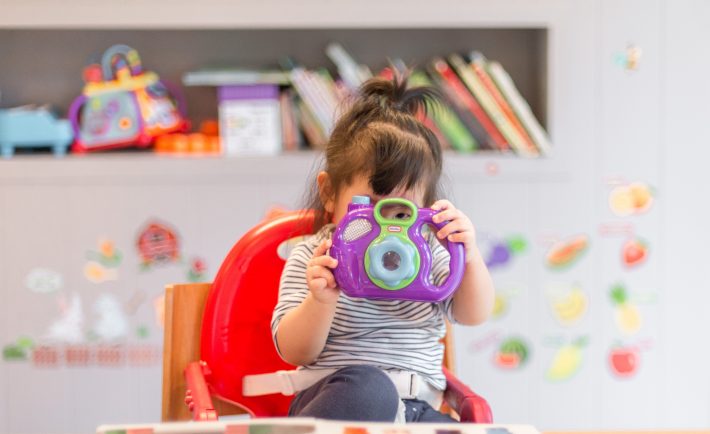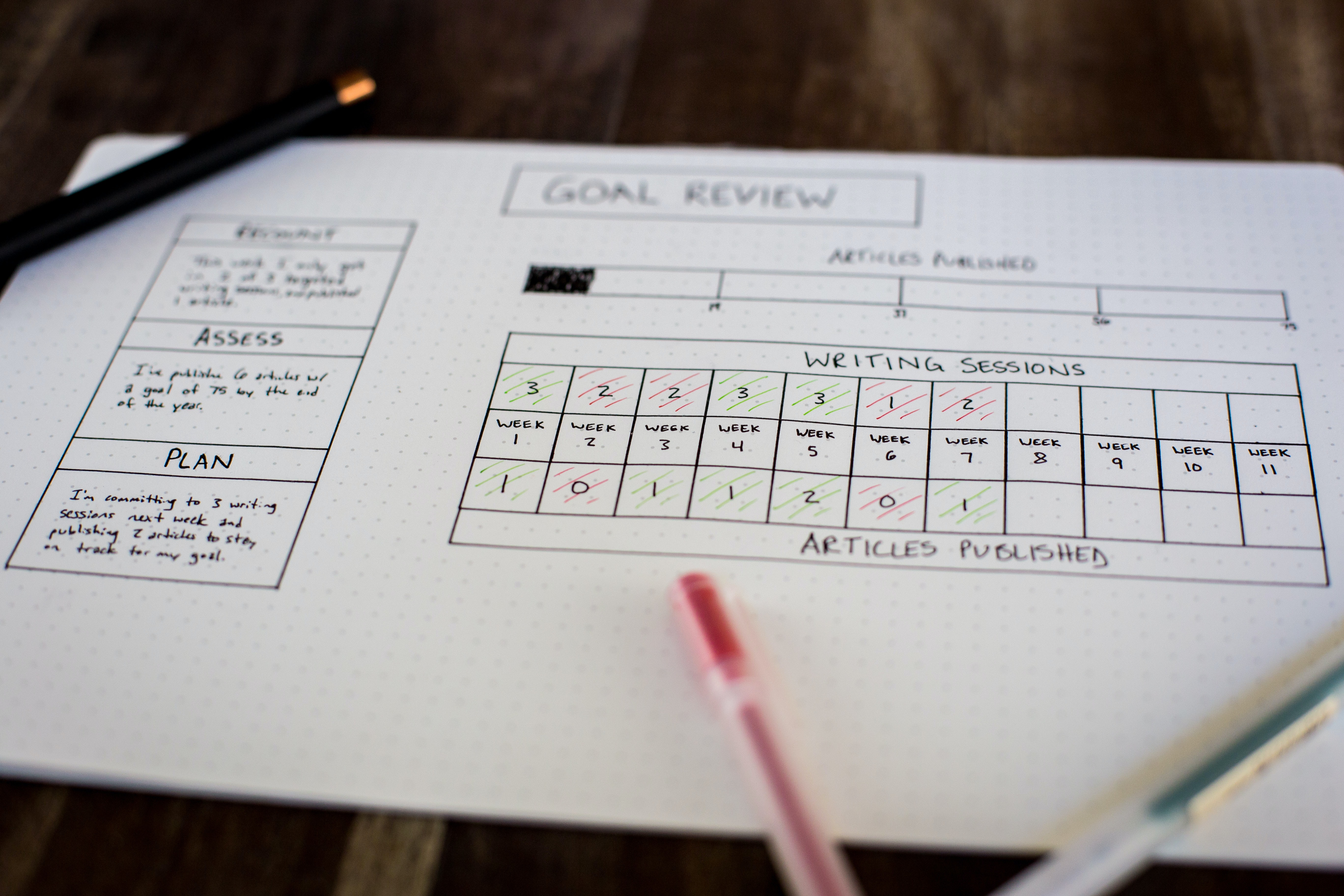Financial literacy is a life skill. Similar to other life skills, financial literacy takes time to learn. Starting your journey can be intimidating and daunting for some Singaporeans.
As personal finance is not typically taught in schools, you need to take conscious decisions to improve your own skills. Whether you are an expert or a novice at financial literacy, keeping your knowledge base growing matters!
#1: READ MORE FINANCIAL BOOKS
Retail CEO Sandra Campos believes that financial literacy is a skill that you should never stop acquiring. She encourages people to read trusted publications to stay informed about understanding how to manage your finances better. If you opt to listen to financial podcasts, you may do so.
Financial podcasts can be a wonderful way to absorb financial news while you are fulfilling your other tasks. You can listen to these podcasts as you run errands, travel to work, complete your housework, walk your dog, or exercise in the park.
#2: TEACH YOUR CHILDREN THROUGH PLAY
Learning about money does not have to be a two-hour long lecture. One of the most effective ways to connect with your children is to introduce play-based learning. It provides them with a friendly environment to test new skills and gain confidence with challenging topics. Make learning fun by playing financial literacy games with your kids!
Ignite a family competition by playing money board games or trying out activities that are suitable for your child’s age. You will not only help your child start a healthy relationship with financial education, but also improve your quality time.
#3: EMBODY THE FRUGAL MINDSET
Embrace the frugal mindset to improve your budget. Take your monthly expenses under a microscope and inspect if there are unnecessary costs that you can eliminate. For instance, you may purchase second-hand children’s clothes instead of new ones. Eliminating unnecessary costs can move you closer to your financial goals.
Despite being frugal, there are some expenses that you cannot skip! Prioritize groceries, household supplies, and other non-negotiables. For these expenses, make sure that you are getting the best price.
#4: FOLLOW YOUR WELL-DEVELOPED BUDGET
A well-developed budget can operate itself if you stick to it.
It can help you identify where your money is going. So, start tracking your spending using a simple spreadsheet or mobile budgeting apps. Saving an accumulation of lesser amounts can go a long way.
#5: SEEK PROFESSIONAL HELP
If you need additional assistance from a financial professional, you can research credible local organizations. A financial professional can answer your money questions ranging from day-to-day money issues to more complex long-term situations.

Image Credits: pixabay.com
This professional will begin by assessing your current situation to help you plan for all your financial needs to move forward. Remember that your financial is a lot like your physical health. You need regular exercise and check-ups to sharpen your financial muscles!
BONUS TIP: EDUCATE YOURSELF THROUGH TECHNOLOGY
Expand your financial literacy by educating yourself through virtual methods. You can soak up financial news through podcasts and newsletters or follow your favorite social media channels. There is a wealth of financial podcasts available on Apple and Spotify including The Ramsey Show, Yield Hunters, BT Money Hacks, and Money for the Rest of Us.
What’s more? You can follow Money Digest on Facebook to consume free financial news and latest deals in Singapore.










